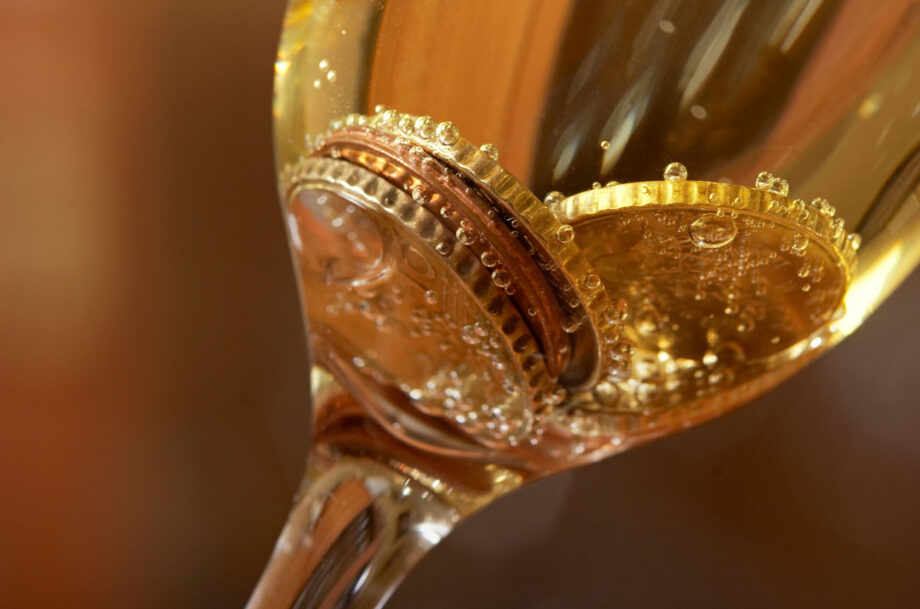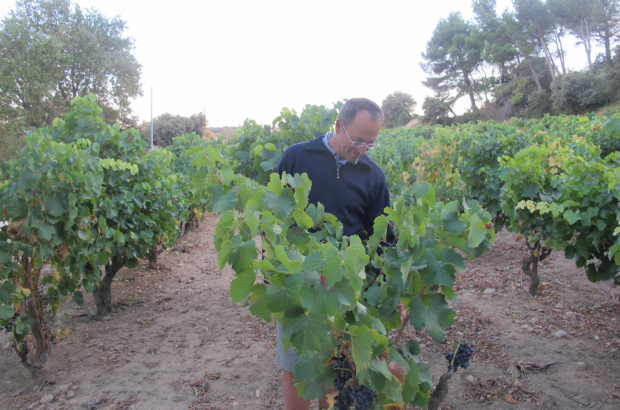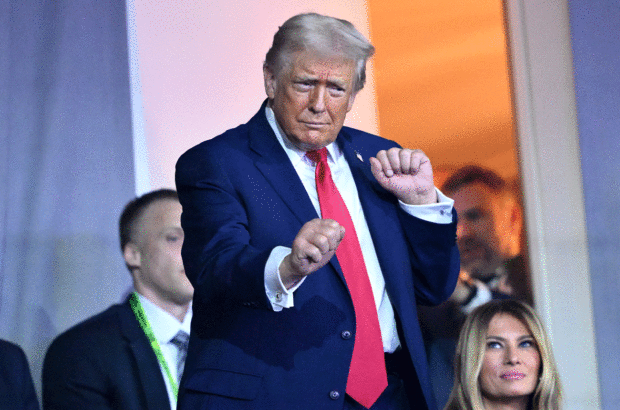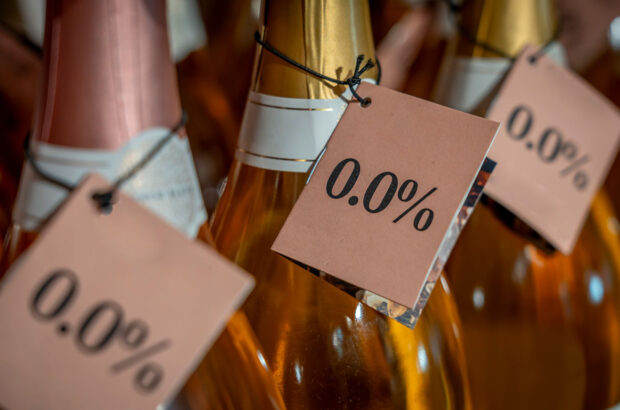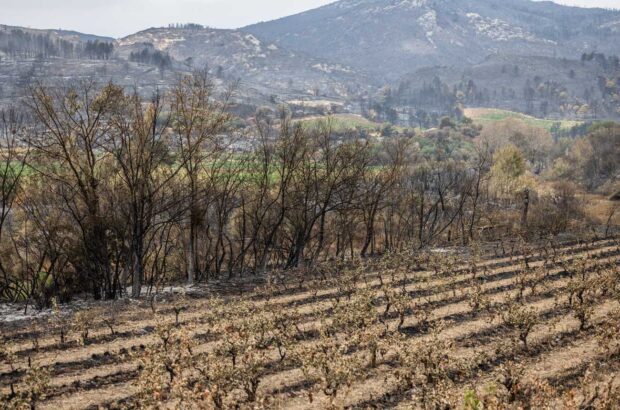These United States, you see, wouldn’t exist without high tea – and high tea taxes. When the British crown taxed our tea imports to raise revenue, it assumed that the colonists wouldn’t dare forgo the snobbish daily ritual of hot water, scones and clotted cream. But our forefathers tossed that tea into the sea. And, voilà!… America. Indeed, over time, political leaders have repeatedly miscalculated when slapping high-end beverages – such as tea and, more to the point, wine – with tariffs.
How fortifications bred oddball grapes
Medieval citadels, with their narrow arrow slits and deep moats, weren’t erected merely for defence, tourist selfies and Monty Python movie scenes. In fact, they created economic choke points where principalities could extract tolls. So the next time you wonder why, say, Italy offers so many diverse regional wine styles and grape varieties, consider the former cost of carting wine to the next town. I suppose this means we have greed to thank for grape diversity.
Taxation at its silliest
If this year’s tariff talk has had you thinking ‘mad king’, consider the following fancifully named British royal wine tariffs, first enacted in the 12th century: prisage allowed the king to claim part of every wine shipment, while butlerage forced foreign merchants to pay a wine duty to just one guy: the royal butler. These are now my two favourite words.
The Dutch drainage debacle
In the 1600s, says Rod Phillips, a professor of history at Carleton University in Ottawa, Canada, and author of French Wine: A History (University of California Press, 2016), most wine shipped from Bordeaux actually came from inland regions, because Bordeaux was a fetid swamp. When Dutch engineers showed up, drained the Médoc and planted vineyards, France freaked out about ‘the number of foreigners’ in the region and thanked them with… punitive tariffs. Because – and this mayyyy resonate with US readers – foreign folks who know about farming should be banished.
Were the Portuguese good at wine, or at treaties?
College students, toss your Economics 101 textbooks out the window. Because legendary economist David Ricardo’s ‘comparative advantage’ theory – famously illustrated via the example of British wool for Portuguese wine – is based on a fiction. ‘Actually, in the early 1700s, Portugal had almost no trade in wine, because their wine was low quality and not very popular,’ clarifies economist John Nye, professor of economics at George Mason University and author of War, Wine, and Taxes (Princeton University Press, 2007). That is, delicious Ports (as we know them today) were only developed as a result of the Methuen Treaty of December 1703, not the other way around. Portugal only got its act together after England prohibited French wine imports during 25 years of war, then heavily taxed them afterwards.
‘The Crown’ à la ‘The Sopranos’
During England’s anti-France tariff era, ships laden with contraband top-shelf Bordeaux had a suspicious habit of drifting near British shores, where privateers would ‘capture’ and auction their contents to eager Brits, according to historian Phillips. Cosy backroom deals, it appears, were going down between châteaux, pirates, merchants and collectors. ‘If that wasn’t the plan, they were really stupid to keep sending wine that way,’ Phillips points out.
Tariffs can (sort of) work out for fine wine, but they’re better for no wine at all
High-end beverages weather tariffs better than cheap swill, because budget-conscious buyers balk at price hikes, while prestige buyers are less likely to blink ($1,000, $2,000, who’s counting?). Free trade, however, helps every drinker, according to Professor Orley Ashenfelter, president of the American Association of Wine Economists.
Ashenfelter points out that the free trade agreements of the early 1990s – the EU’s Maastricht Treaty and North America’s NAFTA – raised wine quality standards across the board. Case in point: if not for NAFTA, Ashenfelter tells me, the erstwhile ‘terrible but cheap’ wineries of Niagara in Canada wouldn’t have gone out of business, in the process paving the way for today’s ice wine (and every wine) excellence. Cold comfort, and better drinking.
In my glass this month
I recently tasted through a stellar line-up of 2023 Willamette Valley Pinot Noirs and Chardonnays with a group of winemakers from Abbott Claim, Adelsheim, Cristom, Lingua Franca and Résonance, and came away quite bullish about the vintage. All were lively and generous in their youth, but hinted at depth and expression to come. When I asked our seminar audience to describe this exciting vintage in one word, I received delightful replies – including ‘brivacious’. Bravo!



